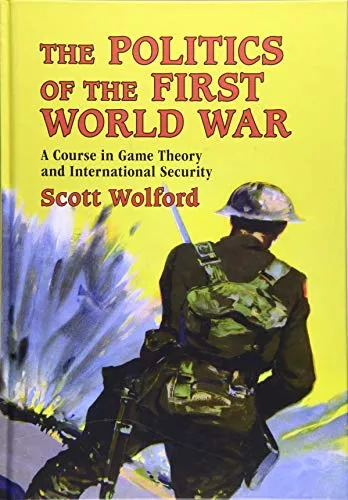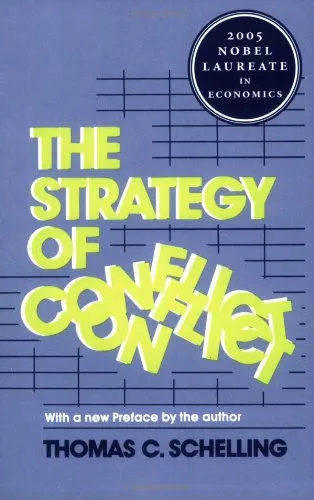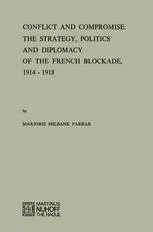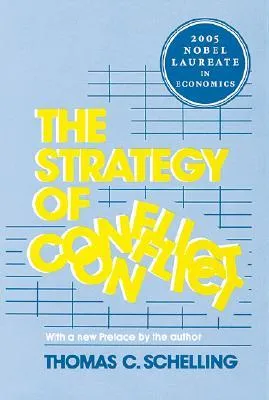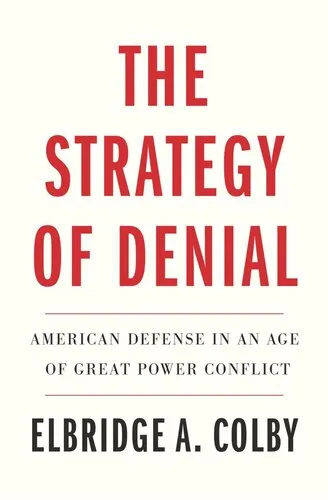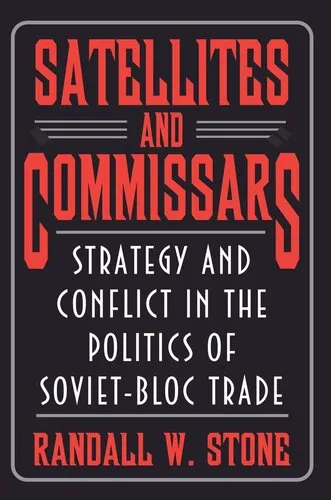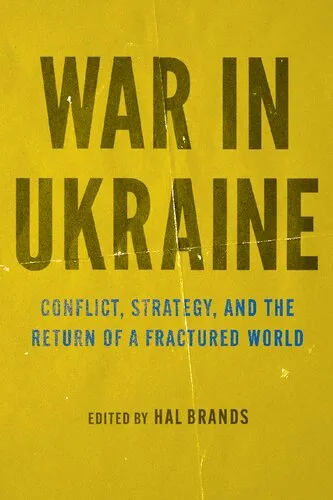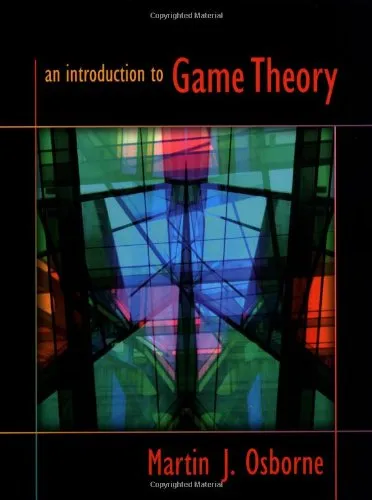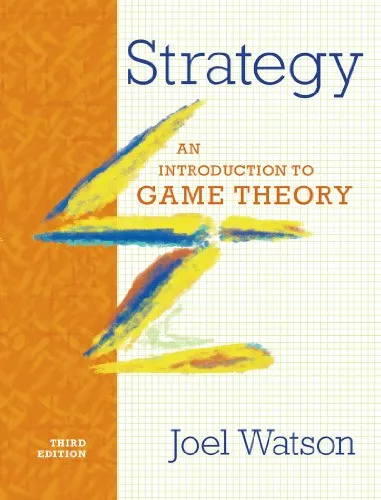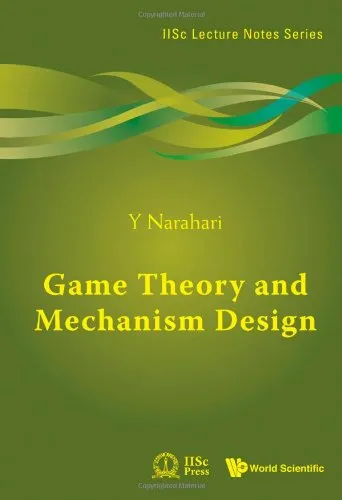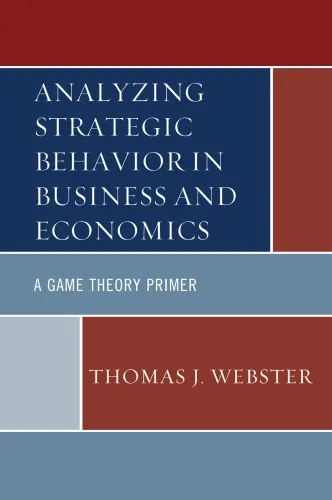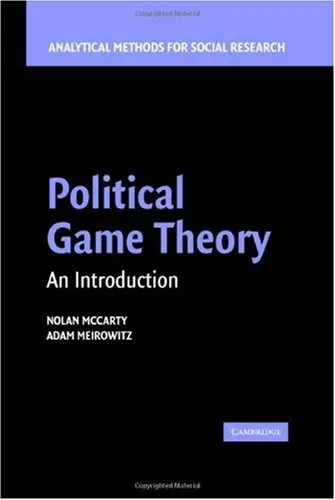The Politics of the First World War: A Course in Game Theory and International Security
4.5
Reviews from our users

You Can Ask your questions from this book's AI after Login
Each download or ask from book AI costs 2 points. To earn more free points, please visit the Points Guide Page and complete some valuable actions.Related Refrences:
Introduction to "The Politics of the First World War: A Course in Game Theory and International Security"
Delve into the complex interplay of alliances, strategies, and political intrigue in "The Politics of the First World War." Authored by Scott Wolford, this book offers a unique perspective through the lens of game theory, making it an essential read for anyone interested in understanding the intricate dynamics of international security.
Detailed Summary of the Book
"The Politics of the First World War" serves as a comprehensive guide to understanding the multifaceted political landscape of 1914 to 1918. The book meticulously applies the principles of game theory to unravel the decisions and strategies employed by the nations involved. It provides an analytical framework that sheds light on how countries weighed costs and benefits before entering or escalating the conflict.
The narrative begins with a detailed exploration of the pre-war alliances, setting the stage for the readers to grasp the complexities and expectations of mutual support. As the book progresses, the application of game-theoretic models becomes evident in explaining pivotal events such as the July Crisis, the spread of warfare across Europe, and the eventual drawing in of global powers.
The book further examines key events like the Russian Revolution and the entry of the United States into the war, providing insights into how strategic interests and the anticipation of others’ reactions influenced the course of history. By offering both historical context and theoretical models, Wolford provides a dual narrative that enriches our understanding of the First World War.
Key Takeaways
- Game theory provides invaluable insights into the strategic interactions that characterized the First World War.
- The war’s outbreak and escalation were influenced by a complex web of alliances and diplomatic commitments.
- Understanding historical events through the lens of strategic decision-making aids in grasping current international relations.
- The precedents set during the First World War continue to affect geopolitical strategies today.
Famous Quotes from the Book
"In the game of nations, the actions and reactions are part of a sophisticated pattern not immediately apparent to the untrained eye."
"War is often seen as irrational, but through the lens of game theory, we uncover the structured logic that leads to such devastating decisions."
Why This Book Matters
In the realm of historical and political analysis, "The Politics of the First World War" stands out for its innovative approach. By fusing historical narrative with the analytical rigor of game theory, Scott Wolford provides readers with not just a recounting of events, but a deeper understanding of the strategic considerations at play. This book matters because it bridges the gap between history and modern political science, offering lessons that are applicable beyond the realm of academia.
The book resonates especially in today's globalized world where international security relies heavily on understanding alliances, deterrence, and strategic interactions. As conflicts continue to arise globally, learning from the past becomes imperative in strategizing for the future.
Free Direct Download
You Can Download this book after Login
Accessing books through legal platforms and public libraries not only supports the rights of authors and publishers but also contributes to the sustainability of reading culture. Before downloading, please take a moment to consider these options.
Find this book on other platforms:
WorldCat helps you find books in libraries worldwide.
See ratings, reviews, and discussions on Goodreads.
Find and buy rare or used books on AbeBooks.
1464
بازدید4.5
امتیاز0
نظر98%
رضایتReviews:
4.5
Based on 0 users review
Questions & Answers
Ask questions about this book or help others by answering
No questions yet. Be the first to ask!
